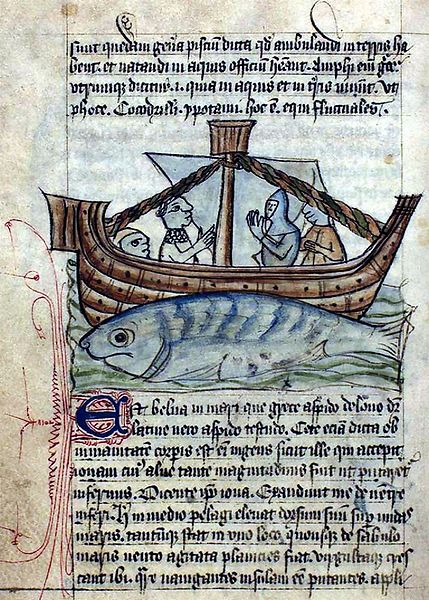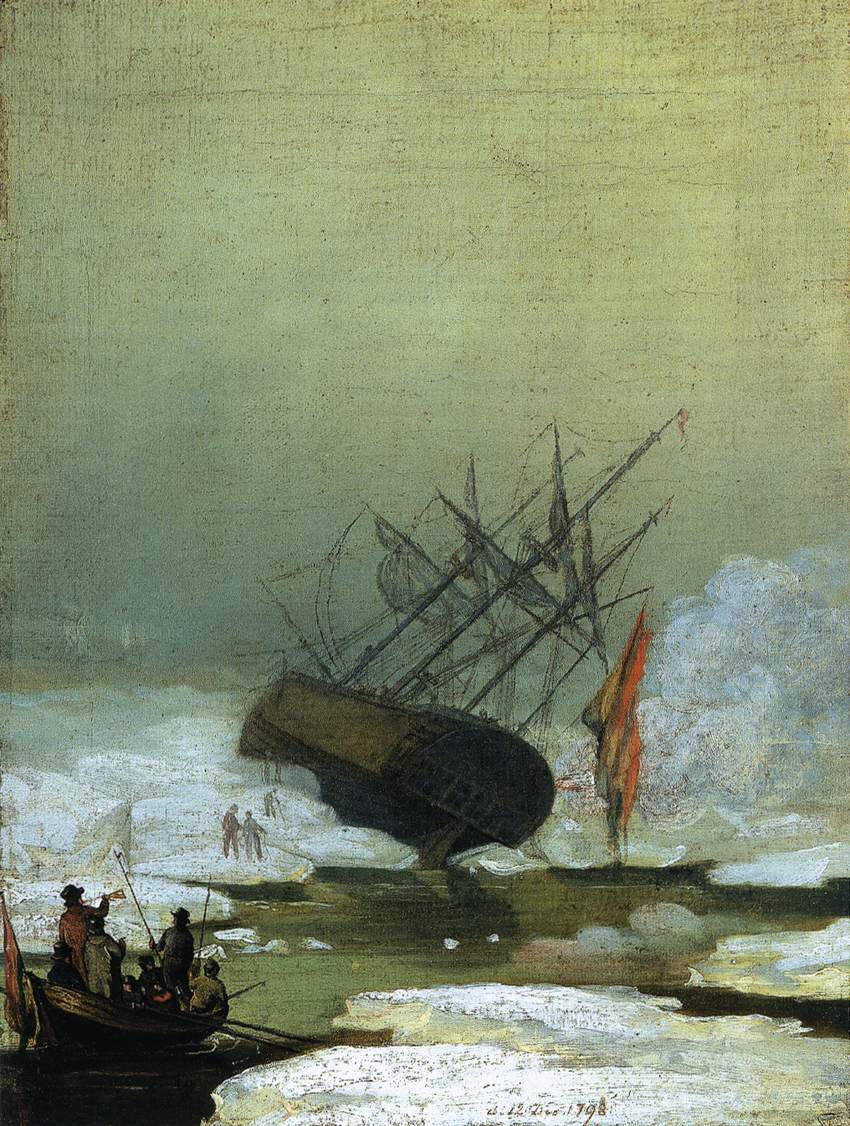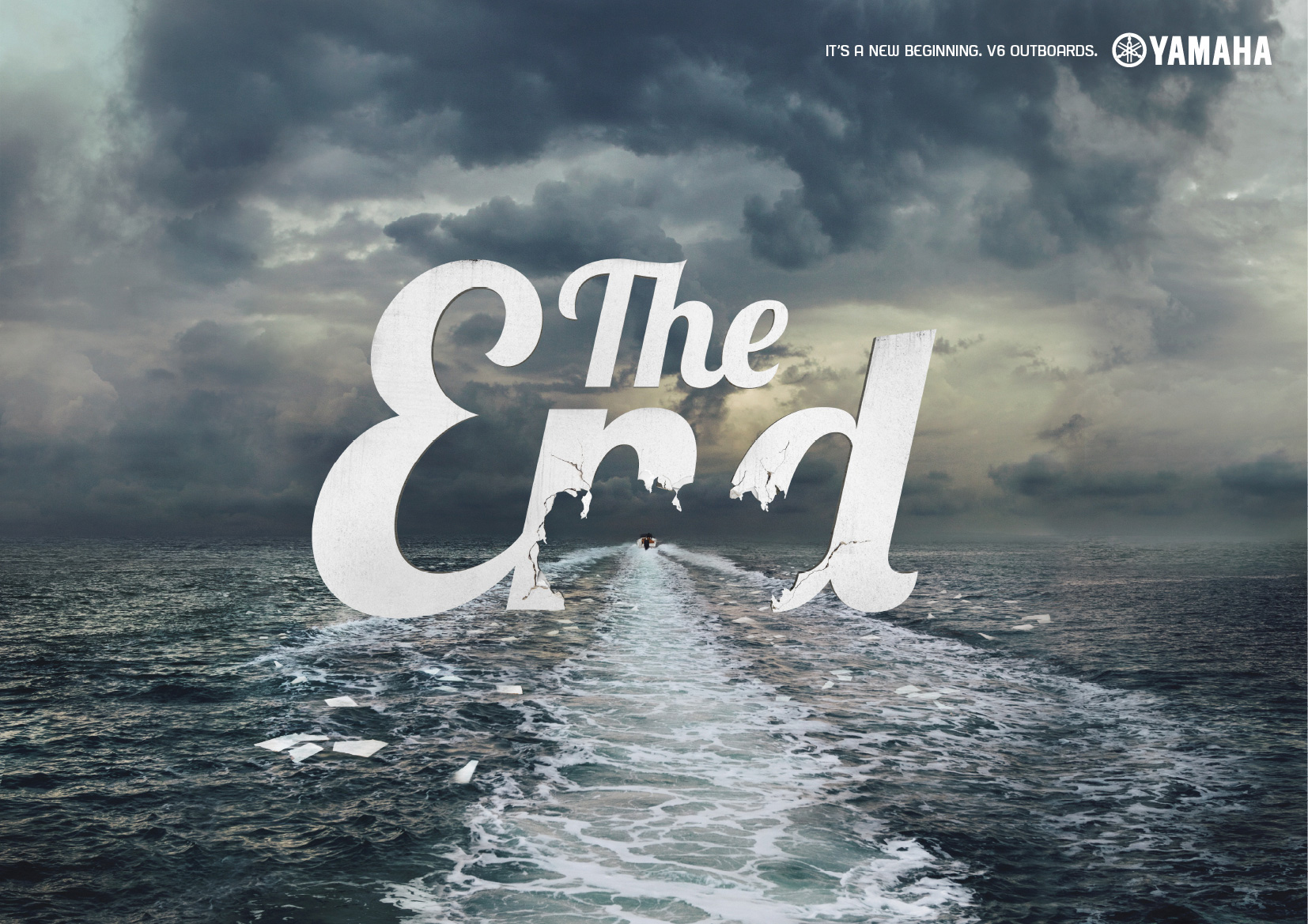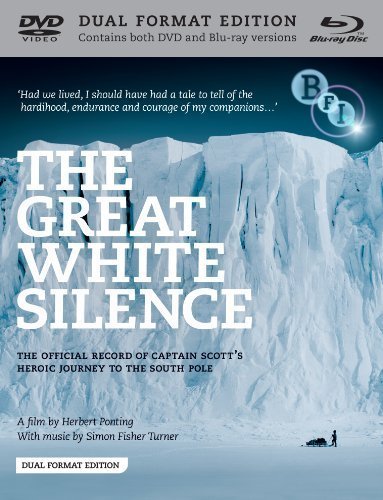
1. That the book as such has--or doesn't have--a future. Now that electronic and virtual incorporation, the screen and the keyboard, online transmission, and numerical composition seem to be dislodging or supplementing the codex (that gathering of a pile of pages bound together, put on a table, or held in the hands) . . .
2. That if it has a future, the book to come will no longer be what it was.
3. That we are awaiting or hoping for another book, a book to come that will transfigure or even rescue the book from the shipwreck that is happening at present.
This word shipwreck: before here connoting the abyss, the ghost, or the return of some feared catastrophe, happening now or to come it plunges us back into a singular work that was and was not a book, Stéphane Mallarmé's Un Coup de dés . . . [A Throw of the Dice], around which Blanchot wrote an essay entitled "The Book to Come," inside which reads the expression the book to come, which also happens to be the title of the collection or recueil--another word that points in the direction of binding and gathering, but first of all toward welcome or accueil (Mallarmé) designates the reader as a “guest”).
--Jacques Derrida, “The Book to Come,” Paper Machine, 9
August 22 Learning to Exhale: First scene and last shot from Jaws (dir. Stephen Spielberg,1975), an adaptation of Herman Melville's Moby Dick. The trailer.
All readings listed below are required unless otherwise indicated (as "recommended reading" or as "(not) recommended reading").
DUE August 26: Two discussion questions (DQs) on Alfred Hitchcock, Lifeboat (1944), numbered 1 and 2 and with your name at the bottom of the document, due by 5 p.m. Email your questions in one word document (as an attachment) to me at [email protected].
August 27 Reading at Sea: Surfacing and Survival in Alfred Hitchcock, Lifeboat (1944) Screening to be arranged, if possible. Otherwise, watch the film online (streaming or download).
DUE August 28: Two discussion questions (DQs) and BIG WORDS (three or more) on Hans Blumenberg, Shipwreck with Spectator: Paradigm of a Metaphor for Existence, pp. 7-79, numbered 1 and 2 and with your name at the bottom of the document, due by 5 p.m. Email your questions in one word document (as an attachment) to me at [email protected].
August 29: Hans Blumenberg, Shipwreck with Spectator: Paradigm of a Metaphor for Existence, 7-79.
Discussion of Théodore Géricault, "The Raft of the Medusa."
Recommended Viewing:Théodore Géricault, "The Raft of the Medusa." The video is in French, without subtitles, but even if you don't know French, you can see certain details of the painting in successive close-ups and, at 3:12, you can get a sense of the relatively huge scale of the painting when you see a woman standing in front of it looking up at it.
Recommended Reading: Thomas Pfau, "The Philosophy of Shipwreck: Gnosticism, Skepticism, and Coleridge’s Catastrophic Modernity," MLN 122 (2007): 949–1004; E.R. Curtius, European Literature and the Latin Middle Ages, pp. 128-30; Stéphane Mallarmé, "Un Coup de Dés Jamais N'abolira le Hasard" (in French and in English); Horace, selected Odes

(Not) Recommended Reading: Deep Sea Reading, Dead in the Water: Stefan Helmreich, "The Message from the Mud," in Alien Ocean: Anthropological Voyages in Microbial Seas pp. 31-67; 289-99.
DUE September 2: Two discussion questions (DQs) and BIG WORDS (three or more) on Homer, The Odyssey (Stanley Lombardo translation recommended). Email your questions in one word document (as an attachment) to me at [email protected].
September 3 Sink and Swim: Homer, The Odyssey, Books 1-9
Recommended: Clips of Alfred B. Lord on The Odyssey as a poem sung and performed.
Two discussion questions (DQs) and BIG WORDS (three or more) on Homer, The Odyssey. Email your questions in one word document (as an attachment) to me at [email protected].
September 5: Homer, The Odyssey, Books 10-12
Recommended: Homer and Repetition; Scylla's "jaws"
DUE September 9: Two discussion questions (DQs) and BIG WORDS (three of more) on Homer, The Odyssey, Books 17-24, numbered 1 and 2 and with your name at the bottom of the document, due by 5 p.m. Email your questions in one word document (as an attachment) to me at [email protected].
September 10: Homer, The Odyssey, Books 13-21
Recommended: "The Death of Argos" Stephen Mitchell
DUE: Now that you know that two DQs on each assigned reading or film are due by 5 p.m. the day before each class, I will no longer list the due dates.
September 12: Homer, The Odyssey, Books 22-24
Recommended Reading: Jacques Derrida, "Hostipality," in Acts of Religion (2002) (Part one; part two; part three); BBC "Should Shipwrecks Be Left Alone?"; Max Horkheimer and Theodor W. Adorno, "Excursus 1: Odysseus or Myth and Enlightenment," in The Dialectic of Enlightenment (Get on course reserves); Erich Auerbach, "Odysseus' Scar" in Mimesis, pp. 3-23
September 17: Buried Alive? Daniel Defoe, Robinson Crusoe pp. 3-152 in the Oxford World's Classics edition (up to the page where you read "I was now in my twenty third Year of Residence in this Island" in other editions); journal, sometimes missing entries; the foot-print; the post; the wheel and cross (as a circle).
September 19: Jacques Derrida, Beast and the Sovereign Vol. 2 (pp. 46-50; 54-56; 62-64; 74-78; 80-88 on Robinson Crusoe)
September 24: Daniel Defoe, Robinson Crusoe (Read to the end of whichever edition you are reading.)
Recommended Reading: Jean-Jacques Rousseau, Emile (1762) (In Emile, Rousseau mentions The Odyssey, Robinson Crusoe, and Fénelon's Telemachus many times; see also Louis Aragon, The Adventures Of Telemachus); Rousseau, Reveries of a Solitary Walker (the whole book is here.) (pdfs here and here); Daniel Defoe, Farther Adventures of Robinson Crusoe (pdf here); Daniel Defoe, Serious reflections during the life and surprising adventures of Robinson Crusoe : with his vision of the angelick world. Written by himself (pdf here); Alexander Selkirk - the Real Robinson Crusoe adventure story; Charles Gildon, The life and strange surprizing adventures of Mr. D---- de F--, of London, hosier, who has liv'd above fifty years by himself, in the Kingdoms of ... (pdf here);SELKIRK, the real Robinson Crusoe Feature
Four DQs due Wednesday September 25 ,by 5 p.m. Two on Derrida, Two on Poe (one of each short story).
September 26: Jacques Derrida, Beast and the Sovereign Vol. 2 (pp.127-49; 160-72, on Robinson Crusoe); Edgar Allan Poe, A Premature Burial and Ms. Found in a Bottle
Recommended Reading: Edgar Allan Poe, Descent into the Maeslstorm; Edgar Allan Poe, A Cask of Amontillado
FIRST PAPER DUE SEPTEMBER 27, 1k words. Email your paper with your last name in the subject header--like "Burt.doc," for example--(as an attachment) to me at [email protected].
October 1: Drowning the Book: William Shakespeare, The Tempest (Prospero's drowned book; his library; burial at sea) Prospero and Robinson Crusoe
Screening of Julie Taymor,The Tempest Tuesday, October 1, Periods E-1-E3 / 7:20pm-10:10pm, in Turlington B310
October 3: Julie Taymor,The Tempest (2010)
Possibly Recommended Viewing:
Peter Greenaway,The Tempest (1991)
Moby-Dick American Edition New York: Harper & Brothers, 1851
Moby-Dick British Edition (entitled The Whale) published in three volumes 1851 by Richard Bentley, London.
Moby-Dick or The Whale, Northwestern-Newberry edition (Northwestern University Press, 1988)
Moby-Dick: A Longman Critical Edition (2009)
October 8: Host / Hostage / Circles: Herman Melville, Moby Dick "Extracts" to chapters 19
October 10: Surf(ac)ing Reading: Herman Melville, Moby Dick chapters 20-40
October 15: Moby Dick chapters 41-62; Peter Szendy, Prophecies of Leviathan: Reading Past Melville (Fordham University Press, 2010), pp. ix; 3-22.
Recommended Reading: Maurice Blanchot, "Prophetic Speech," in The Book to Come
October 17: Whirlpools of Reading: Herman Melville, Moby Dick chapters 63-84; Szendy endnote, p. 129.pdf
Film of possible interest (not required): Robert Redford stars in All Is Lost (opens October 18th)
October 22: Close/d Reading: Herman Melville, Moby Dick chapters 85-100; Peter Szendy, Prophecies of Leviathan: Reading Past Melville (Fordham University Press, 2010), pp. 22-40. Two discussion questions (DQs) and BIG WORDS (three or more) on Moby Dick chapters 85-100; and two discussion questions (DQs) and BIG WORDS (three or more) on Peter Szendy, Prophecies of Leviathan: Reading Past Melville (Fordham University Press, 2010), pp. 22-40.
October 24: Herman Melville, Moby Dick chapters 101-18
Recommended Reading: Maurice Blanchot, "Prophetic Speech," in The Book to Come
". . . or that sea-beast
Leviathan, which God of all his works
Created hugest that swim th' ocean-stream.
Him, haply slumbering on the Norway foam,
The pilot of some small night-foundered skiff,
Deeming some island, oft, as seamen tell,
With fixed anchor in his scaly rind,
Moors by his side under the lee, while night
Invests the sea, and wished morn delays"
John Milton, Paradise Lost Book One

October 29: Stump Speech: Herman Melville, Moby Dick chapters 118-26; Peter Szendy, Prophecies of Leviathan: Reading Past Melville (Fordham University Press, 2010), pp. 41-74. Two discussion questions (DQs) and BIG WORDS (three or more) on Moby Dick chapters 118-26; and two discussion questions (DQs) and BIG WORDS (three or more) on Peter Szendy, Prophecies of Leviathan: Reading Past Melville (Fordham University Press, 2010), pp. 41-74.
October 31: Herman Melville, Moby Dick chapters 127-Epilogue (coffin as book); Peter Szendy, Prophecies of Leviathan: Reading Past Melville (Fordham University Press, 2010), pp. 75-93. Two discussion questions (DQs) and BIG WORDS (three or more) on Moby Dick chapters 127-Epilogue; and two discussion questions (DQs) and BIG WORDS (three or more) on Peter Szendy, Prophecies of Leviathan: Reading Past Melville (Fordham University Press, 2010), pp. 75-93.
SECOND PAPER DUE November 1, 1k words. Email your your paper (as an attachment) to me at [email protected].
Saint Augustine, The Confessions reading by chance
November 5 Jump! (Ship) / No Return: Joseph Conrad, Lord Jim ; Chapters 1-VI (up to page 56 in the Oxford World's Classics Edition). (The ship that doesn't shipwreck as exepcted; tales-within-a-tale narrative frame structure; introduction as alternate epilogue; telling the disaster as testimony inside and outside the law.)
November 7 Joseph Conrad, Lord Jim, chapters 7-17, up to page 134 in the Oxford World's Classics Edition
November 12: Joseph Conrad, Lord Jim, chapter 18 to chapter 31 (pages 135-213 in the Oxford World's Classics Edition)
November 14: Required Reading: Joseph Conrad, Lord Jim, chapter 31 to the end of the novel (pages 214-302 in the Oxford World's Classics Edition)
In class, you will divide into two groups and debate whether the ending of Lord Jim is good or bad. One half of the class will argue that the ending is good, and hither haf will argue that it is bad. Textual support is necessary to win a point. The co-leaders will moderate and assign points.
Due Novemeber 14: Email your report on the class--200-300 words--with your last name in the subject header--like "Burt.doc," for example--(as an attachment) to me at [email protected].
Recommended: Maurice Blanchot, "Encountering the Imaginary," (on Ulysses, Homer, Ahab, and Melville) in The Book to Come; Jacques Derrida, Of Hospitality

Caspar David Friedrich, "Wreck in the Sea of Ice" (Mary Shelley's Frankenstein [1818 edition] begins with a prologue in which Victor Frankenstein is found dead with his journal in a ship forzen in ice.)
Due November 18: Two discussion questions (DQs) and BIG WORDS (three or more) on Samuel Taylor Coleridge, The Rime of the Ancyent Marinere (1798 edition) and The Rime of the Ancient Mariner (1817 edition, with glosses) (Read Both Versions, but you need only ask two questions about them.
November 19: Required Reading (Read Both Versions): Samuel Taylor Coleridge, The Rime of the Ancyent Marinere (1798 edition) and The Rime of the Ancient Mariner (1817 edition, with glosses)
Read the 1798 and the 1817 editions of Coleridge's Rime of the Ancient Mariner. Coleridge compulsively revised the poem after its first publication. In addition to having a narrative within a narrative within narrative the poem has some notoriously difficult passages. In 1817, Coleridge added glosses to the margins of the poem. Glosses are annotations to the text that are supposed to clarify difficult passages.
http://en.wikipedia.org/wiki/Gloss_(annotation)
http://en.wikipedia.org/wiki/Bible_gloss
Glosses appear in the margin of texts, unlike footnotes.
You may start class discussion by debating this question:
Do Coleridge's addition of glosses to the 1817 edition of Rime elucidate his poem or make it more obscure? Focus on specific glosses on specific passages to make your point.
Due November 19: Email your report on the class--200-300 words--with your last name in the subject header--like "Burt.doc," for example--(as an attachment) to me at [email protected].
Recommended: The Rime of the Ancient Mariner (1800) and The Rime of the Ancient Mariner (text of 1834); Coleridge's Christabel; Running Aground: Edgar Allan Poe, The Narrative of Arthur Gordon Pym of Nantucket, preface to chapter 19 (pp. 1007-1141 in the Library of America edition)
(no journal kept by the narrator, yet Poe casts the narrative in journal form; pocketbook with memos and drawings kept)
Due November 20: Two discussion questions (DQs) and BIG WORDS (three or more) on Thomas Pfau, "The Philosophy of Shipreck: Gnosticism, Skepticism, and Coleridge's Catastrophic Modernity,"
November 21: Required: Samuel Taylor Coleridge, The Rime of the Ancyent Marinere (1798 edition) and The Rime of the Ancient Mariner (1817 edition, with glosses) and Thomas Pfau, "The Philosophy of Shipreck: Gnosticism, Skepticism, and Coleridge's Catastrophic Modernity,"
MLN, Volume 122, Number 5, December 2007), pp. 949-1004.
You may skip the first 20 odd pages and begin reading at the subheading on page 973 entitled "Modernity and the Shipwreck of the Vita Activa :
Skeptical Self-Creation in Coleridge"
Due November 21: Email your report on the class--200-300 words--with your last name in the subject header--like "Burt.doc," for example, only with your last name, not mine--(as an attachment) to me at [email protected].
Recommended: Edgar Allan Poe, The Narrative of Arthur Gordon Pym of Nantucket, chapter 19 to the end (pp. 1141-1179 in the Library of America edition)
November 26: Required: A Night to Remember (dir. Roy Ward Baker, 1958) Criterion blu-ray (See the films online or see them onDVD on reserve in Library West)
Recommended: The Living Skeleton (1968, Japan; originally titled Kyuketsu Dokuro Sen) and Julian Barnes, The History of the World in 101/2 Chapters
November 28: Thanksgiving
December 2: Conferences with me in my office, 4314 Turlington Hall
December 3: T.B.A.

Book of Jonah; Nathanial Hawthorne, "Foot-prints on the Sea-Shore"
Seasick: The Painter Looks Back (windsurfing)

Rembrandt van Rijn, "The Storm on the Sea of Galilee" (1633)
Gillese Deleuze, "Desert Islands"
Louis-Auguste Blanqui, Eternity According to the Stars: L'éternité par les astres
trans. Matthew H. Anderson
The New Centennial Review, Volume 9, Number 3, Winter 2009,
pp. 3-60
Adorno, Stars Down to Earth
YALE FILM STUDIES' Film Analysis Web Site 2.0 is a great resource to help you learn how to watch films critically. Check it out so that you can learn the basic terms of film analysis and become increasingly conscious of the soundtrack, camera angles, lighting, focus, film stock (color or b&w), length of take, editing, and so on all make up a film's formal design. By learning the basics of film analysis, you can learn how to "read" films as closely as you can read literature paying the formal attention)
And the shipwreck of a book known as Jonathan Swift's A Tale of a Tub
and Stephen Crane, The Open Boat
Great White Silence (Blu-ray) Captain Robert Falcon Scott, et al

Mat Johnson, Pym (lost journal found)
Jorge Luis Borges, "Book of Imaginary Beings"
H.P. Lovecraft, "The Temple" (Manuscript found on the coast of Yucatan).
Franz Kafka, "The Hunter Gracchus" and Richard Wagner, The Flying Dutchman;
Primo Levi, "The Canto of Ulysses" in The Survival of Auschwitz, 109-115; Homer, The Odyssey, Book IV (Nausica)
Herman Melville, Moby Dick (coffin as book)
Jack London, The Sea Wolf (shipwrecked and shanghaied) Wolf Larsen and Captain Ahab / Caliban.
Bram Stoker, Dracula (the voyage and eventual shipwreck off England chapters)
William Golding, Pincher Martin: The Two Deaths of Christopher Martin.
Smith, Charlotte Turner. A narrative of the loss of the Catharine, Venus, and Piedmont transports, and the Thomas, Golden Grove, and Æolus merchant ships, near Weymouth, ... London, 1796
Films we may also watch and discuss: